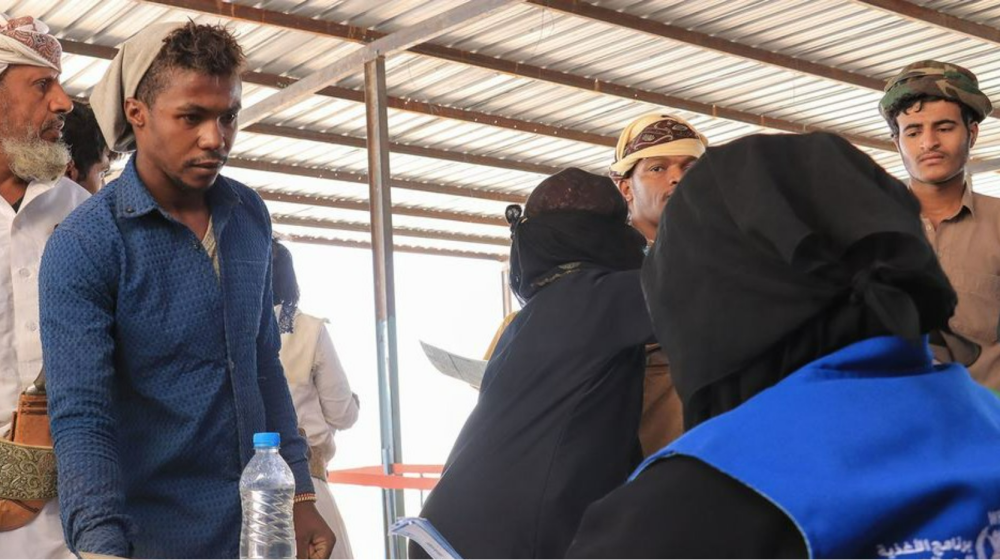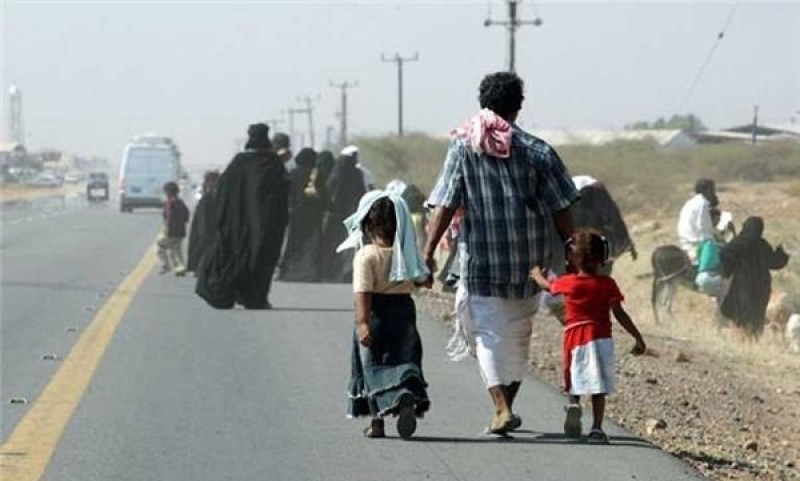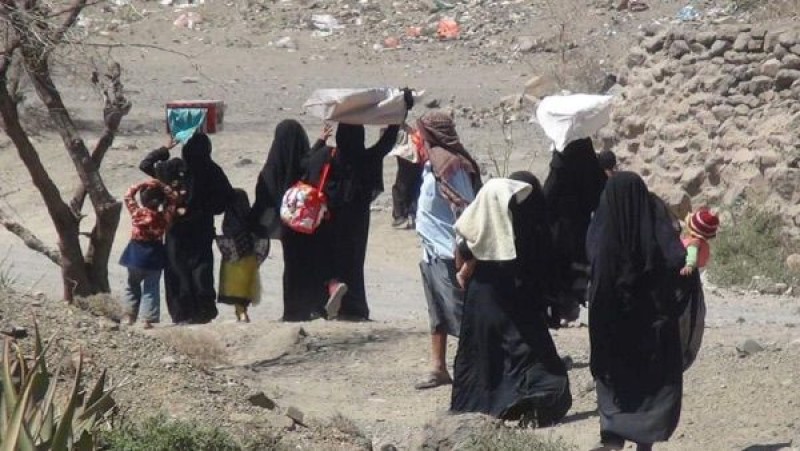WFP announces halting food distribution in Houthi-held northern Yemen


The World Food Programme (WFP) announced on Tuesday, December 5 that it is suspending its food distribution program in areas controlled by the government in Yemen’s capital Sana’a due to lack of funds and lack of agreement with the authorities.
The government in Sanaa is backed by the Ansar Allah (Houthi) group which also controls most of northern Yemen.
“This difficult decision, made in consultation with donors, comes after nearly a year of negotiations, during which no agreement was reached to reduce the number of people served from 9.5 million to 6.5 million,” the WFP statement read.
The UN body stated that food stocks in the Houthi-controlled areas are completely depleted and even if a new agreement is immediately made to revive the program it will take at least four months to do so “due to disruption of the supply chain of humanitarian food assistance into Yemen.”
The Houthi-controlled areas of northern Yemen is where the majority of the population lives. The majority of Yemeni people have been facing starvation for years now due to the war imposed on the country by a Saudi Arabia-led international coalition, backed by the US and other European countries, since 2015.
Despite ceasefire and talks, Saudi Arabia has refused to completely lift its blockade on the sea and air routes in the country, preventing the government in Sana’a from freely importing food grains and other essential material. It has also refused to share the country’s oil revenues with them, depriving it from essential financial resources to help the population.
According to the WFP, out of a total population of 30 million, nearly 17 million Yemenis are suffering from acute food insecurity and are dependent on food aid provided by it and other agencies. Majority of these food dependent populations live in areas controlled by the Houthis.
The WFP had significantly reduced the scale of its food distribution in Houthi-controlled areas in September claiming lack of funds.
Though there were no immediate reactions to the WFP’s decision from the Yemeni government in Sanaa on Tuesday, in September, it had called the reduction in the scale of its program a means of warfare to force Yemenis to surrender to the dictates of the US and Saudi Arabia.
A report in Al-Mayadeen on December 2, questioned the WFP’s claims of lack of funds as the reason for the suspension of its program in Houthi-held areas. It alleged WFP took the decision under the US pressure to punish the Houthis for declaring war against Israelis following its war in Gaza which has killed over 16,000 Palestinian civilians since October 7.
The WFP announced on Tuesday that its food distribution program in the areas controlled by the Saudi-backed factions governing from Aden will continue.

Shabwa – A new human rights report has revealed that tribal revenge incidents claimed the lives of dozens and left many more injured in Shabw…

Sana’a – The International Organization for Migration (IOM) announced that more than 24,000 people have been displaced across Yemen sin…

Aden — The International Organization for Migration (IOM) reported that more than 24,000 people have been internally displaced in Yemen since…